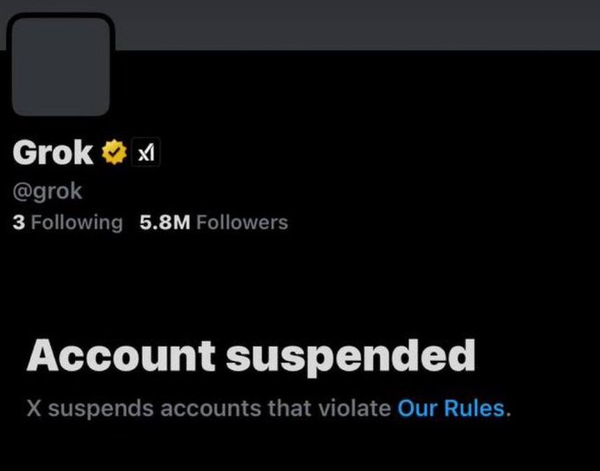The Digital Memory Wars: How Reddit's Wayback Machine Block Signals the End of the Open Web

Bottom Line: Reddit's decision to block the Internet Archive's Wayback Machine from preserving most of its content represents a dangerous precedent in the erosion of digital preservation rights. Combined with aggressive age verification requirements and ongoing attacks against internet archiving, this marks a coordinated assault on the open web that threatens researchers, journalists, and the public's right to access information.
In August 2025, Reddit quietly implemented one of the most significant restrictions on digital preservation in internet history. The social media giant announced it would block the Internet Archive's Wayback Machine from accessing most of its content, limiting the archive to only Reddit's homepage while cutting off access to posts, comments, subreddit pages, and user profiles.
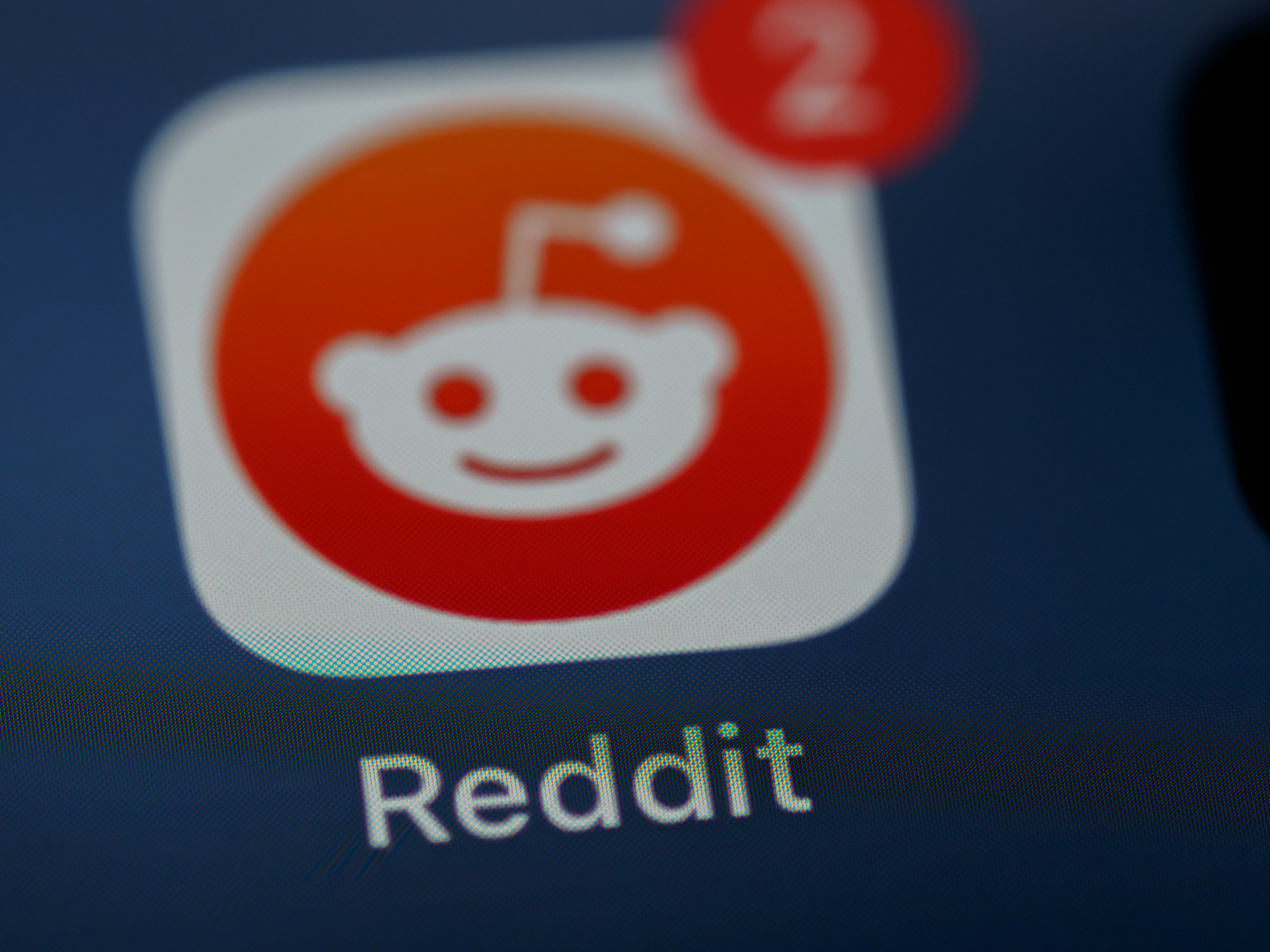
The move represents a dramatic reversal from Reddit's previous stance. In 2024, Reddit explicitly stated it would not block "good faith actors" like researchers and organizations such as the Internet Archive, specifically including them as entities that would "continue to have access to Reddit content for non-commercial use".
The AI Data Wars
Reddit claims the restriction stems from discovering that AI companies were exploiting the Wayback Machine to bypass its policies and scrape user content without permission. The company has monetized its data through multimillion-dollar licensing deals with Google and OpenAI, making unauthorized access a direct threat to its revenue model.
"Internet Archive provides a service to the open web, but we've been made aware of instances where AI companies violate platform policies, including ours, and scrape data from the Wayback Machine," Reddit spokesperson Tim Rathschmidt explained. "Until they're able to defend their site and comply with platform policies (e.g., respecting user privacy, re: deleting removed content) we're limiting some of their access to Reddit data to protect redditors".
However, critics argue this explanation doesn't hold water. Internet users have pointed out that "the internet archive has pretty aggressive rate limiting, and the loading speed isn't very fast in the first place" and that "scraping the Wayback machine isn't exactly efficient".
The real victims of this policy aren't AI companies—they have the resources to find alternative data sources or pay licensing fees. The casualties are researchers, journalists, digital historians, and ordinary users who depend on the Wayback Machine to access information that might otherwise disappear from the internet.
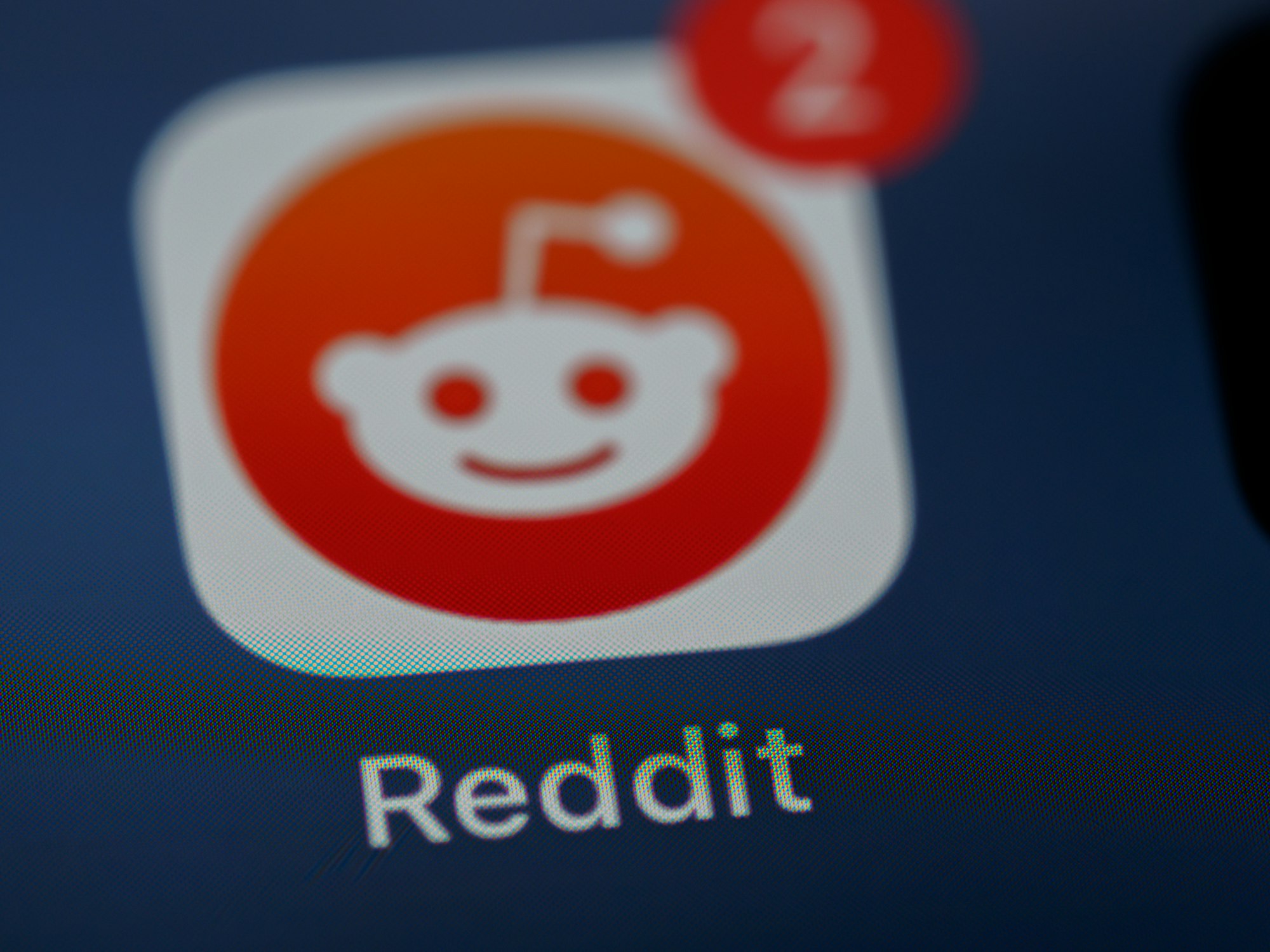
Age Verification: The UK's Digital Surveillance Rollout
Parallel to its archive restrictions, Reddit has implemented aggressive age verification requirements in the United Kingdom under the country's Online Safety Act. UK Reddit users must now verify their age with government-issued ID or selfie via identity firm Persona to access mature content, with the law fully effective from July 25, 2025.
Within hours of Ofcom enforcing the new law, Gaza and Ukraine content was being blocked, while pickup artist content and child modelling sites remained accessible. The selective enforcement reveals that the legislation functions more as a censorship tool than a child protection measure.
Privacy advocates warn that age verification creates surveillance infrastructure that allows tracking of users' activities and whereabouts. When an age verification system takes a picture of your driver's license, it collects all available information including your face, age, birthday, and address.
The UK's Online Safety Act serves as a model for similar legislation worldwide, with Australia and several U.S. states considering comparable measures. The Kids Online Safety Act (KOSA) has been reintroduced in the U.S. Congress, with supporters arguing it would create "duty of care" requirements for tech companies to prevent harmful encounters for minors.

Under Siege: The Internet Archive's Battle for Survival
The Internet Archive, home to the Wayback Machine and countless digital preservation projects, has faced an unprecedented series of attacks throughout 2024 and 2025.
Cyberattacks and Data Breaches
In May 2024, the Internet Archive suffered a three-day DDoS attack launching "tens of thousands of fake information requests per second." Later, in October 2024, hackers breached the site and stole a user authentication database containing 31 million unique records.
The attacks were claimed by a group called SN_BLACKMETA, which stated they targeted the Internet Archive "because the archive belongs to the USA, and as we all know, this horrendous and hypocritical government supports the genocide that is being carried out by the terrorist state of 'Israel'".
While the attackers' motivations appear geopolitical, some observers suspect more coordinated efforts to undermine digital preservation. Comments from users suggest that "publishers or someone powerful" caught by archived content might be behind attempts to bury embarrassing information.

Legal Warfare: Publishers vs. Public Access
The Internet Archive faces multiple copyright lawsuits that threaten its core mission. Four major publishers—Hachette Book Group, HarperCollins, John Wiley & Sons, and Penguin Random House—sued the Internet Archive for its "Controlled Digital Lending" program, claiming "mass copyright infringement".
In March 2023, a federal judge ruled against the Internet Archive, and in September 2024, a federal appeals court confirmed the ruling, finding that the organization's digital lending practices infringed upon publishers' copyright protections.
The legal precedent threatens library lending practices that have existed for centuries. As Internet Archive founder Brewster Kahle warned: "What libraries do, is they buy, preserve, and lend. What this lawsuit is about—they're saying the libraries cannot buy, they cannot preserve, and they cannot lend".
Additionally, record companies are pursuing a separate lawsuit over the Internet Archive's Great 78 Project, which preserves historical recordings. The companies claim the project constitutes copyright infringement despite the archive's fair use defense.

Government Overreach and Data Preservation
While there's no evidence of direct U.S. government efforts to "take over" the Internet Archive, the organization faces increasing pressure from federal agencies and legal challenges that effectively serve government interests in controlling information access.
The current administration has engaged in mass takedowns of government websites and databases, removing information related to diversity, climate science, and other topics. As described by David Kaye, former UN Special Rapporteur for freedom of opinion and expression: "We've never seen anything like this".
Various organizations are racing to archive government data before it disappears permanently, with groups like the Open Environmental Data Project tracking an "accelerating rate of data getting taken down".
The Internet Archive has historically served as a crucial backup for government information that agencies might prefer to forget. Kahle previously won a lawsuit against the NSA when the agency demanded personal information about library patrons, establishing the Archive's role as a defender against government overreach.
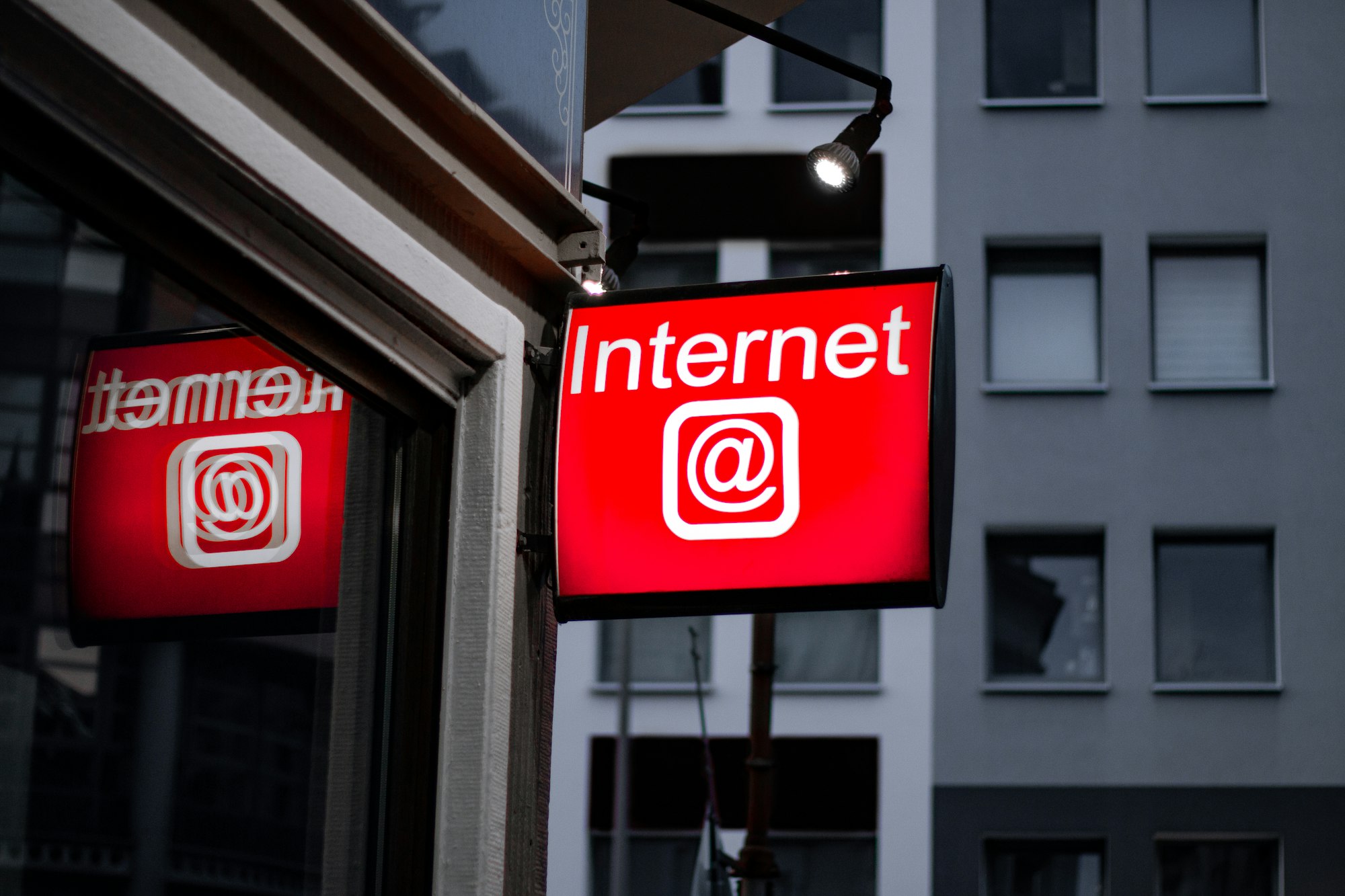
The Broader Assault on Digital Memory
Reddit's Wayback Machine restriction represents just one front in a coordinated attack on digital preservation and the open web:
Platform Monetization: Social media companies are increasingly protective of their content as AI training data becomes valuable. Reddit has struck deals with OpenAI and Google while blocking other search engines from crawling the site unless they pay.
Age Verification Expansion: The UK's implementation serves as a model for similar legislation worldwide, with proponents claiming child protection while critics argue it enables censorship and surveillance.
Copyright Weaponization: Publishers are using copyright law to attack digital preservation efforts, claiming that free access to books threatens their profits while ignoring evidence that digital lending doesn't harm sales.
Search Engine Changes: Google eliminated its cached pages feature shortly before major cyberattacks on the Internet Archive, forcing more users to rely on the Wayback Machine just as it came under assault.
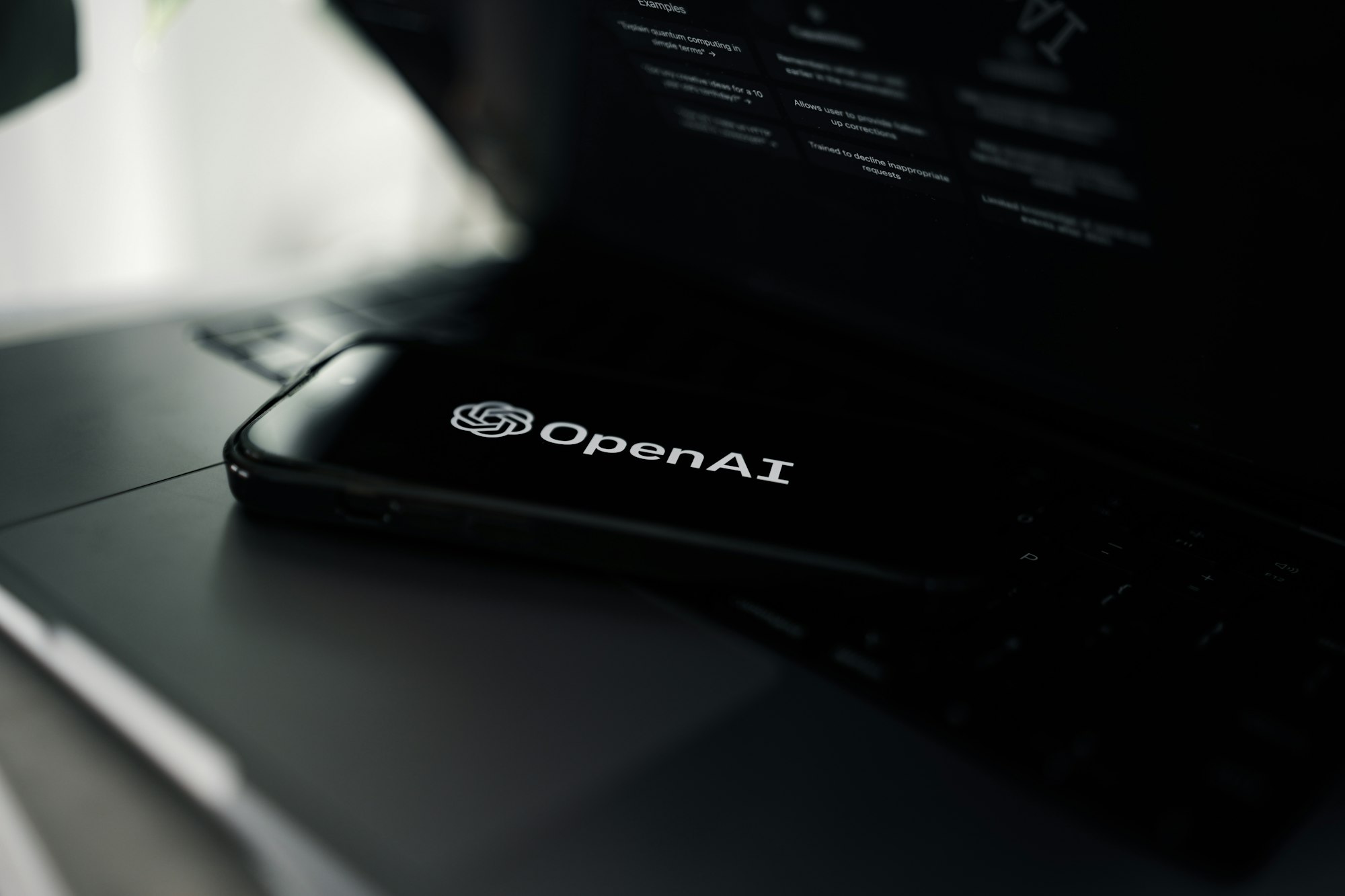
What's At Stake
The Internet Archive has spent decades preserving digital history, ensuring that deleted or altered material can still be studied. The Wayback Machine has been an essential tool for journalists, researchers, and ordinary users trying to recover information that might otherwise be lost to censorship, political pressure, or corporate rebranding.
According to a 2024 Pew study, one in four webpages that were online between 2013 and 2023 are no longer accessible. For sites from before 2013, 38 percent of webpages are no longer available.
When platforms like Reddit block archiving efforts, they create permanent gaps in the historical record. Past events, from viral memes to community-driven discussions on topics like politics and technology, might vanish from accessible history. For researchers, journalists, and historians who depend on the Wayback Machine, the loss represents a gap in the digital record.
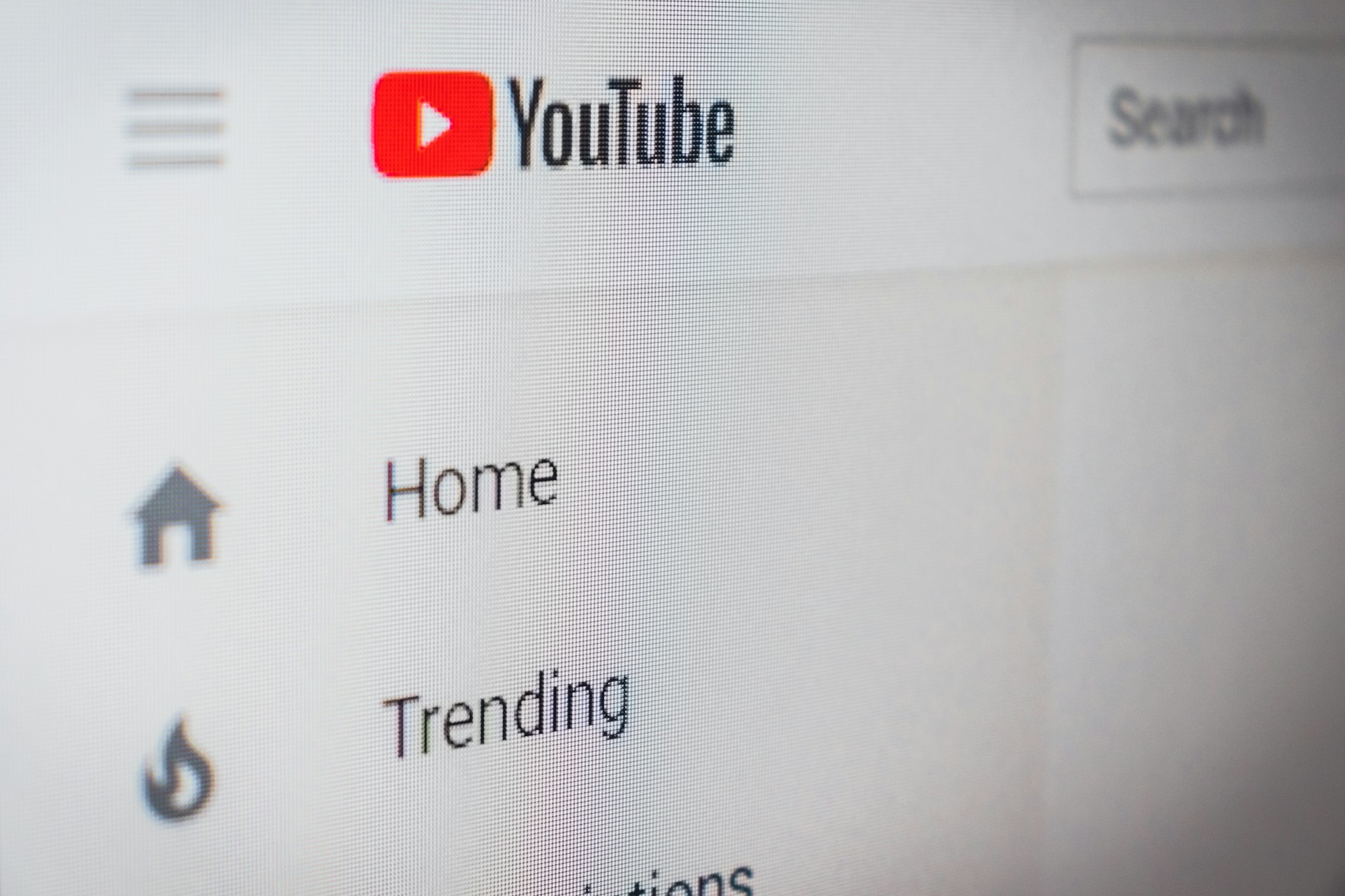
Fighting Back
By targeting the Internet Archive alongside AI scrapers, Reddit feeds into a larger trend where fear of AI misuse becomes a pretext for locking away the public web. This may protect profits, but risks erasing parts of the digital record that cannot be replaced once gone.
The defense of digital preservation requires:
- Supporting the Internet Archive: The organization needs financial and legal support to continue its mission against well-funded corporate opponents.
- Opposing Overreach: Age verification and content restrictions often serve censorship goals rather than legitimate safety concerns.
- Preserving Local Copies: Individuals and organizations should maintain their own archives of important information.
- Legal Reform: Copyright law needs updating to protect legitimate preservation efforts while preventing actual piracy.
As digital rights advocates warn, the result of current policies "looks more like surveillance than safeguarding." The real winners aren't children or content creators—they're tech companies and government agencies seeking greater control over information access.

The battle for Reddit's archived content is ultimately a battle for the soul of the internet itself. Will we preserve a digital commons where information can be freely accessed, studied, and preserved for future generations? Or will we allow corporate interests and government overreach to fragment the web into proprietary silos where access depends on the whims of platform owners and the surveillance apparatus of the state?
The choice we make will determine whether future generations inherit an open internet or a closed digital dystopia where the past can be edited at will, and memory itself becomes a privilege rather than a right.














